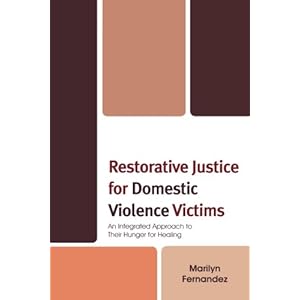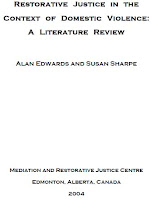This short guide gives 3 sources I like to visit first for research-based materials (academic, peer-reviewed journal articles) on violence against women and children.
But first, consider these past blog entries:
- How Might I Do Research on Restorative Justice? This is the process I used to find Research on Restorative Justice, an example you may wish to follow for your topic.
- How Do I Make Sense of Research and Apply it to My Practice? If you are not an academic researcher, you likely want to apply the research you read to your practice. Review these two tools which can help you to Understand Evidence and Use it in Your Violence Prevention Work.
- How Do I Find Best Practices? If instead of looking for research, you would like to find Best Practices, Canada has a website compiling Best Practices in Preventing Violence. You can also search the BCSTH Library Catalogue for best practices relevant in our field.
And now, here are 3 Simple Ways to Stay Up-To-Date and Find Research Literature on Violence Against Women and Children:
1. Journal Alert Services - Stay up-to-date with the latest research. Find journals of interest to you and sign up for the "Alert" to receive the current issue Table of Contentsby email (or on Facebook, or Twitter, etc.). At the very least, you'll be able to read the abstracts.
- What Are Some Useful Journals?
- Violence Against Women
- Canadian Women's Studies
- Journal of Family Violence
- Journal of Interpersonal Violence
- How Can I Get Articles That are Not Available For Free? If you have searched the web and not been able to find the article you want for free, consider:
- In-person visit to a local university library. Most libraries allow you to use their extensive online journals for free as a community member while you are on-site.
- Purchase the article from the publisher (often around $30 per article), or
- Subscribe to the journal if you'll be reading it regularly.
2. Search Google Scholar - If you don't have access to an academic library's databases
and journals, you can search Google Scholar for journal articles. While Google Scholar is a bit messy - an enormous database with lots of stuff and no control - you should be able to find articles on your topic and some of them may be available for free (see above about how to get those that are not free).
- Did you know that you can set up a search Alert in Google Scholar? New articles of interest on your topic will be emailed to you when they are published.
- Did you know that you can save articles you'd like to keep in your "Library" within Google Scholar? This is a handy feature.
- Did you know that Google Scholar has an Advanced Search feature? While not sophisticated, you can make your search a little more specific and find better results with the Advanced Search.
3. Use Databases and Journals In-Person at a Local Library - If you need to do thorough and accurate research but you are not associated with an academic center, you can either outsource the research for a fee (e.g., InfoAction is a general research service), or you can visit a local university with a relevant program and spend time using their extensive databases and journals as a community member. For example:
- Use the Library Subject Guide for SFU's Gender, Sexuality, and Women's Studies Program and then go to SFU downtown or on Burnaby Mountain.
- Or try UBC's Library Research Guide for Gender, Race, and Sexuality and then go to the campus in Vancouver or the Okanagan.
- JIBC's Library has a LibGuide on Complex Trauma.
- York University has a Library Subject Research Guide on Violence Against Women
- University of New Brunswick has a Library Guide to Family Violence Issues
More ideas? Let us know in the comments, or email library@bcsth.ca
To borrow library resources, read "First Time Borrowers." Please visit the BCSTH Library to learn more about resources and information services developed especially for members of the BC Society of Transition Houses, and contact us for more information.
Deb & Tina, Co-Librarians
Vancouver, British Columbia, Canada







